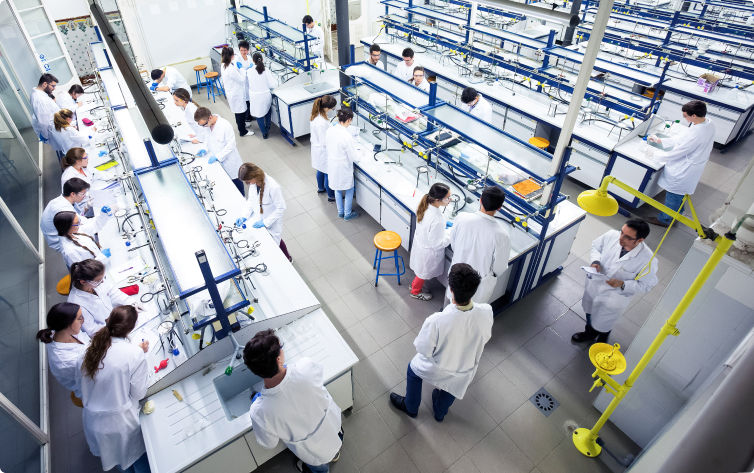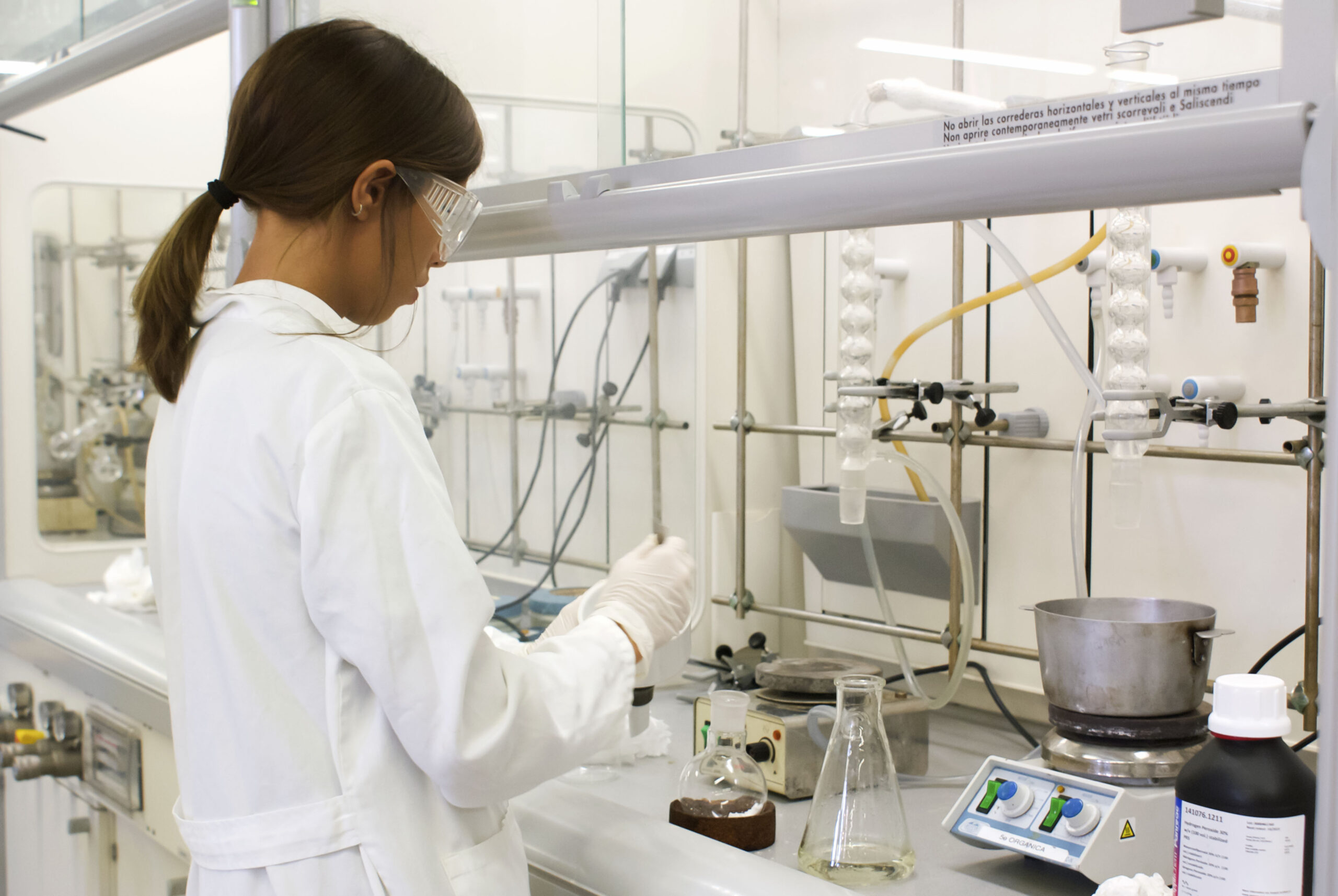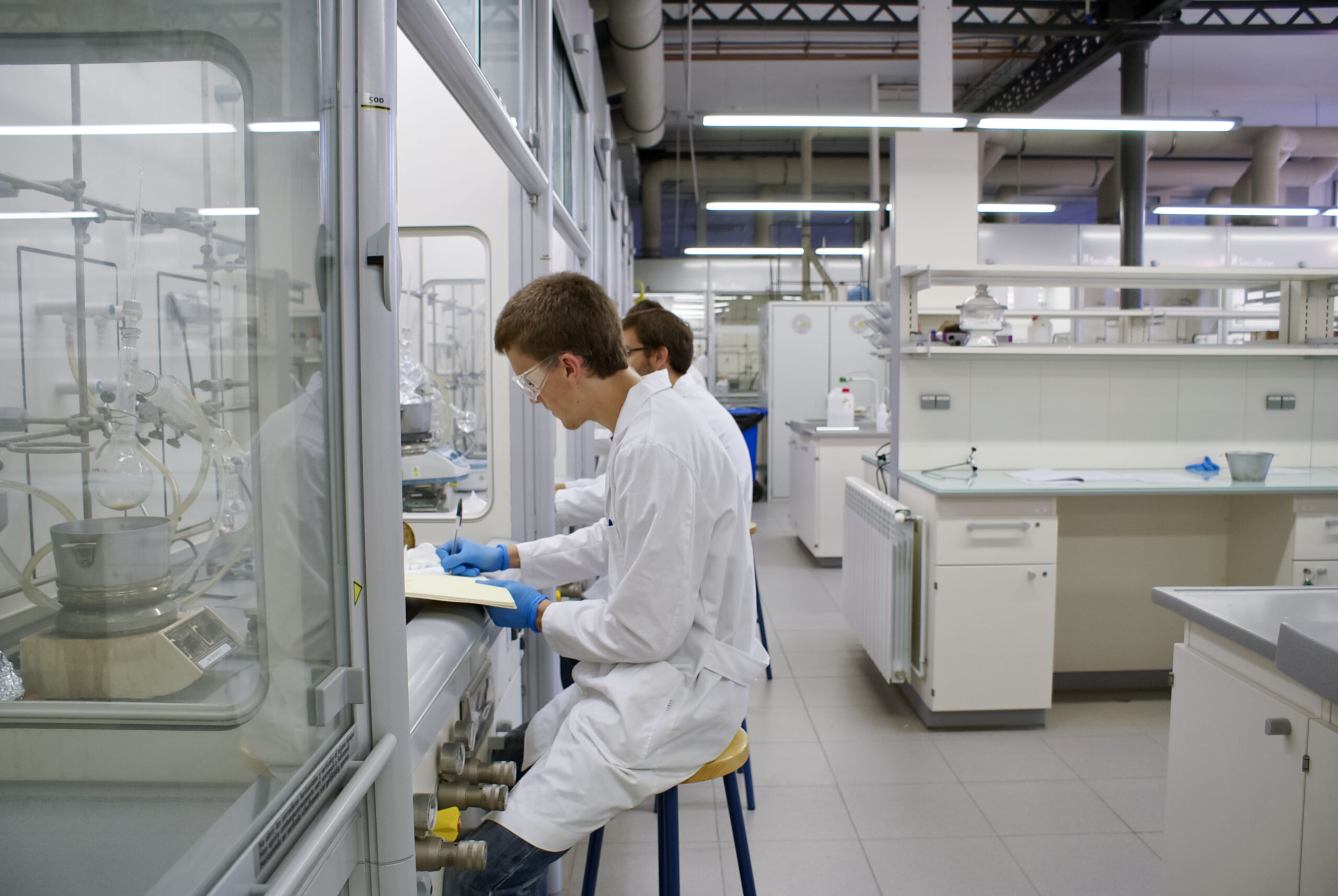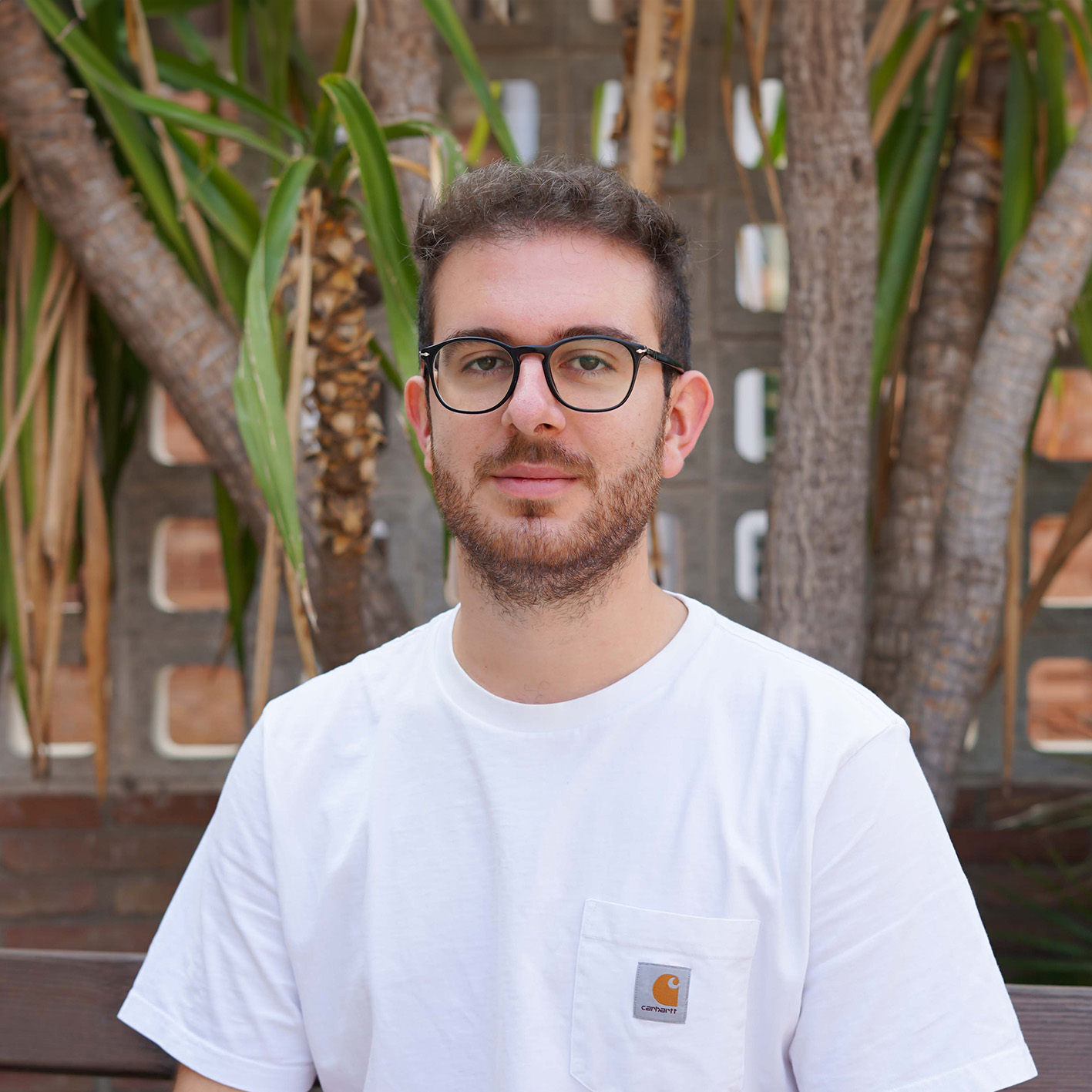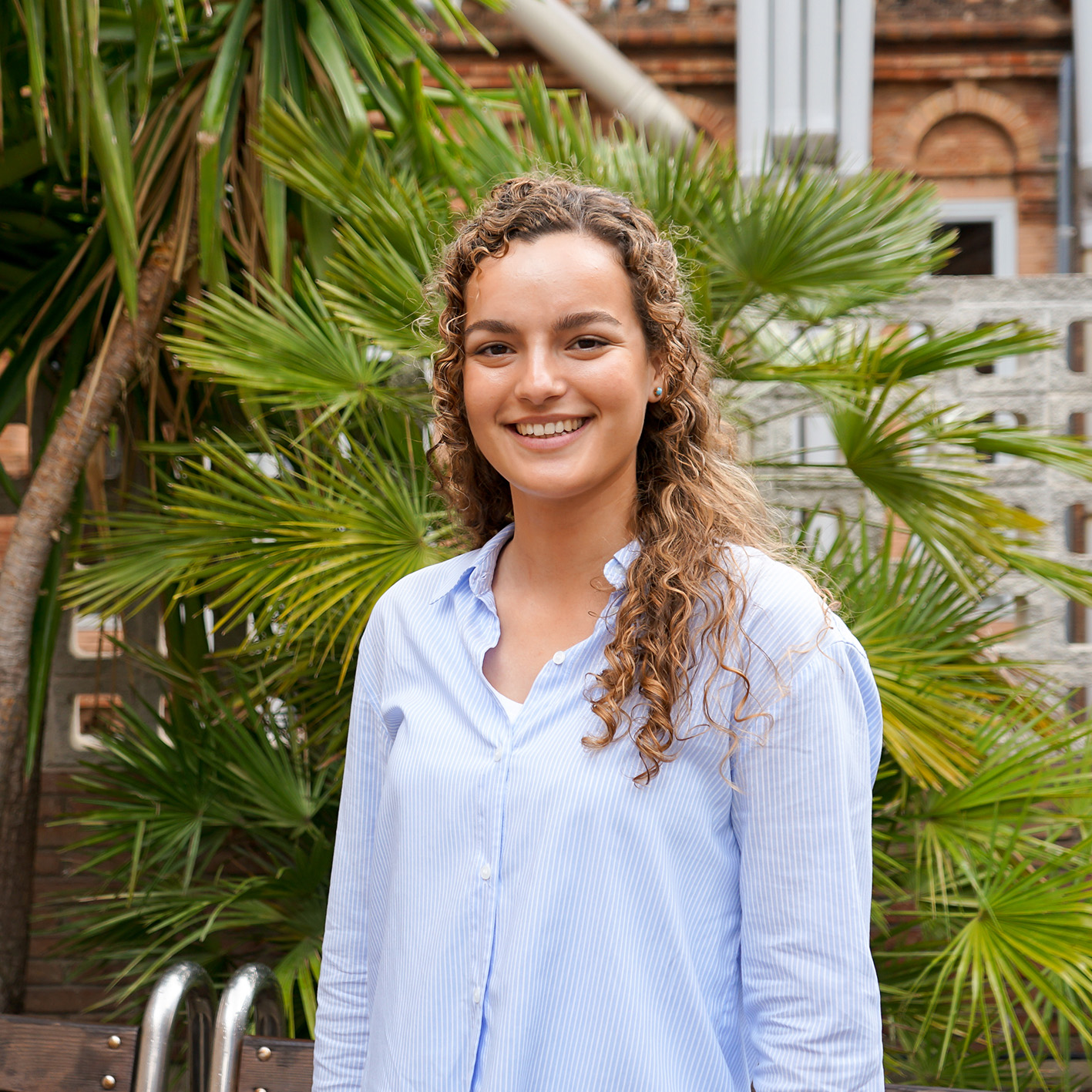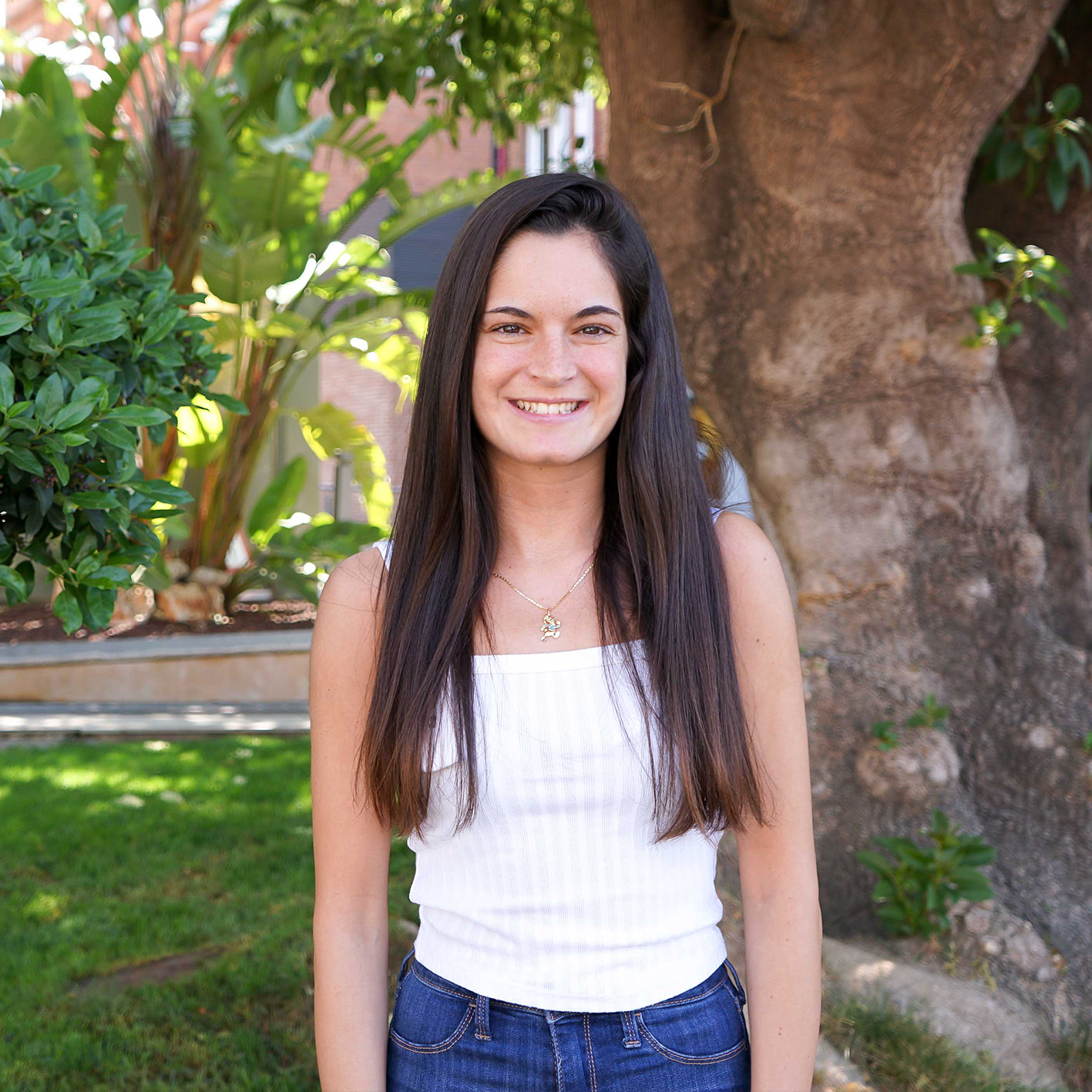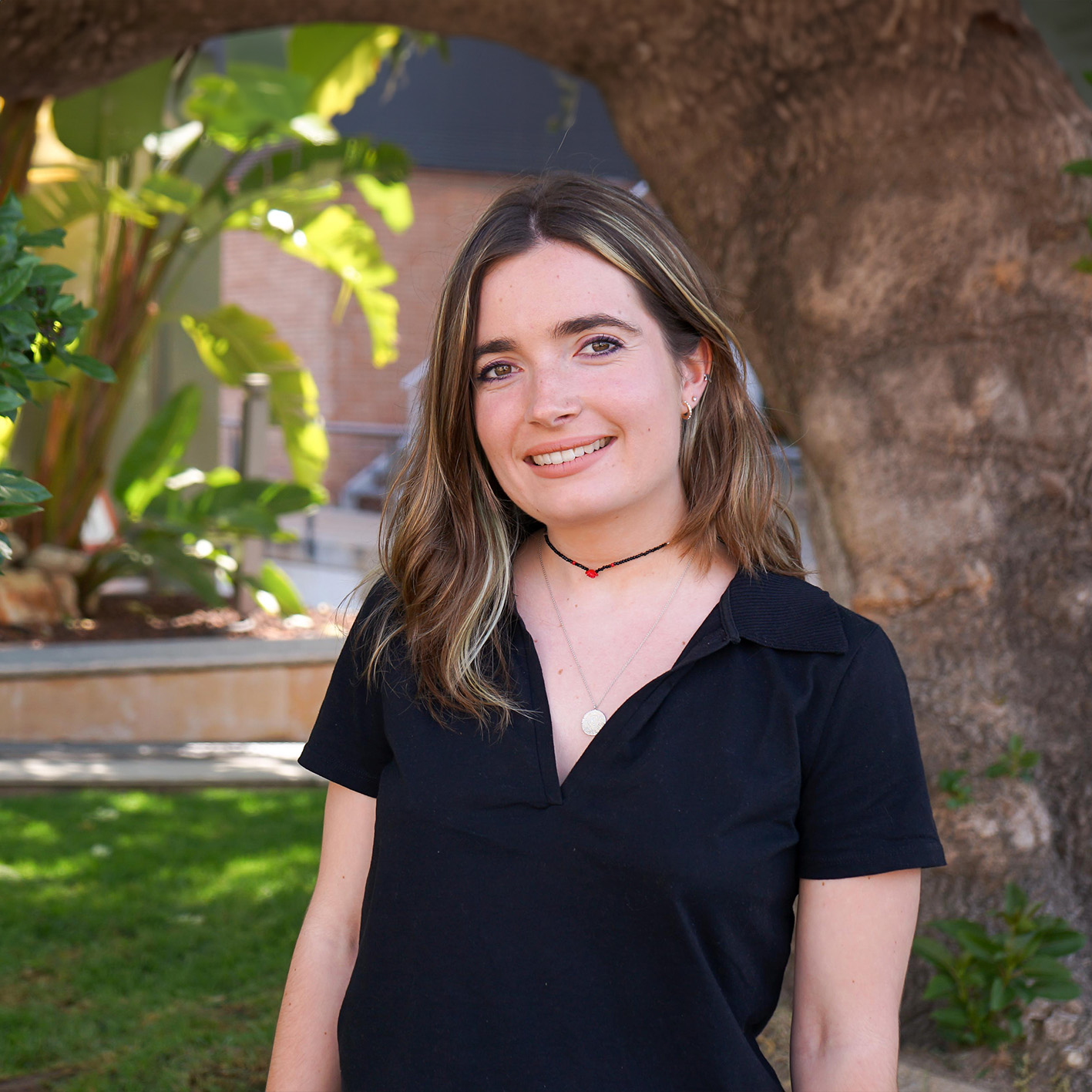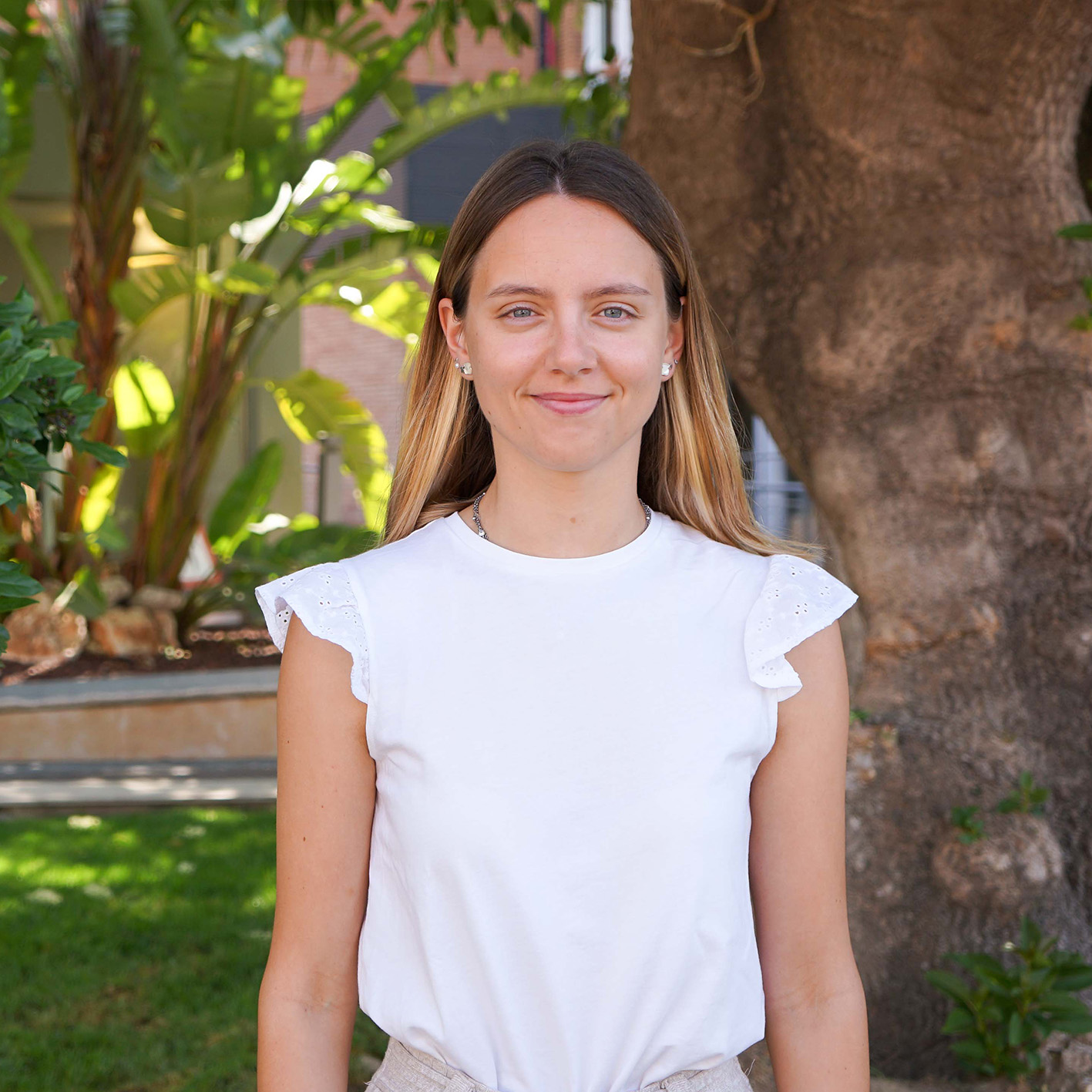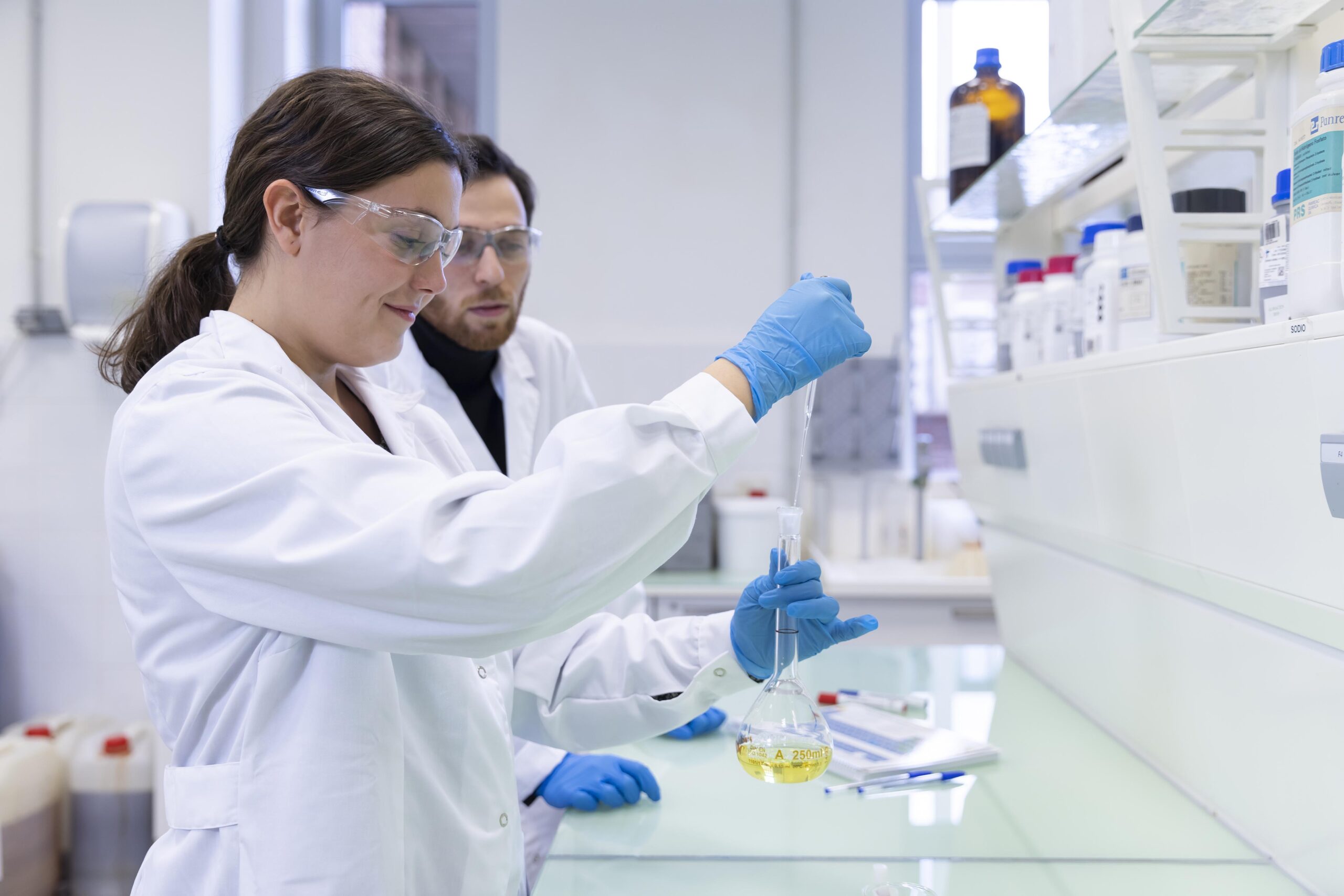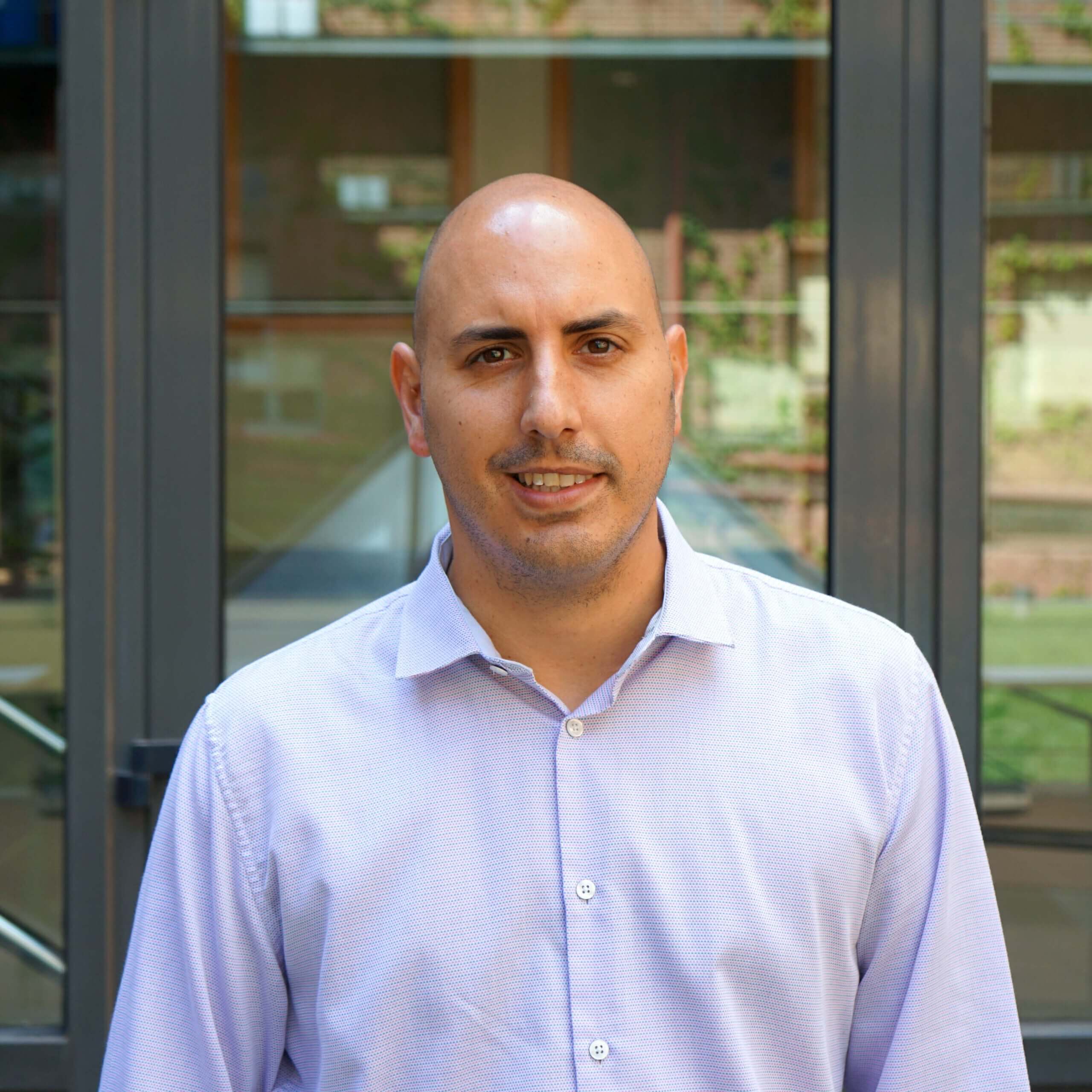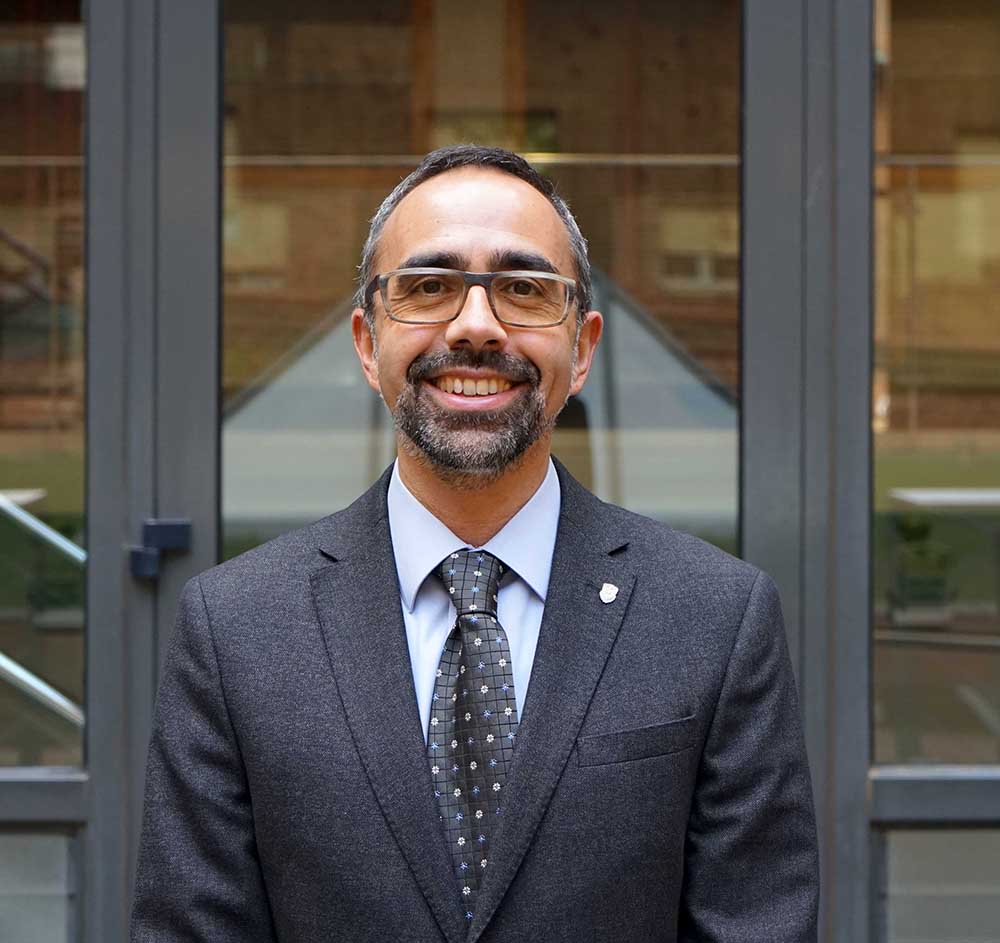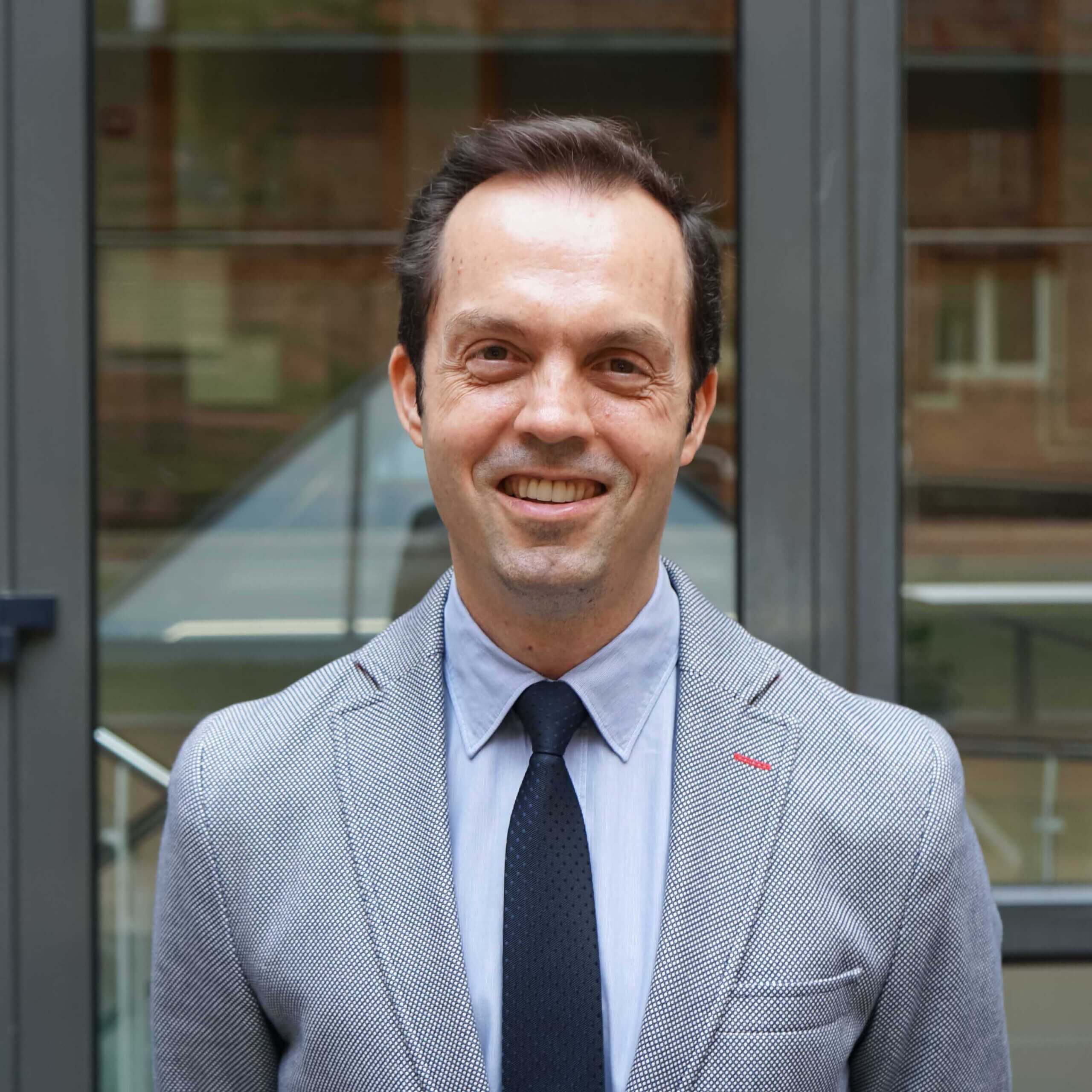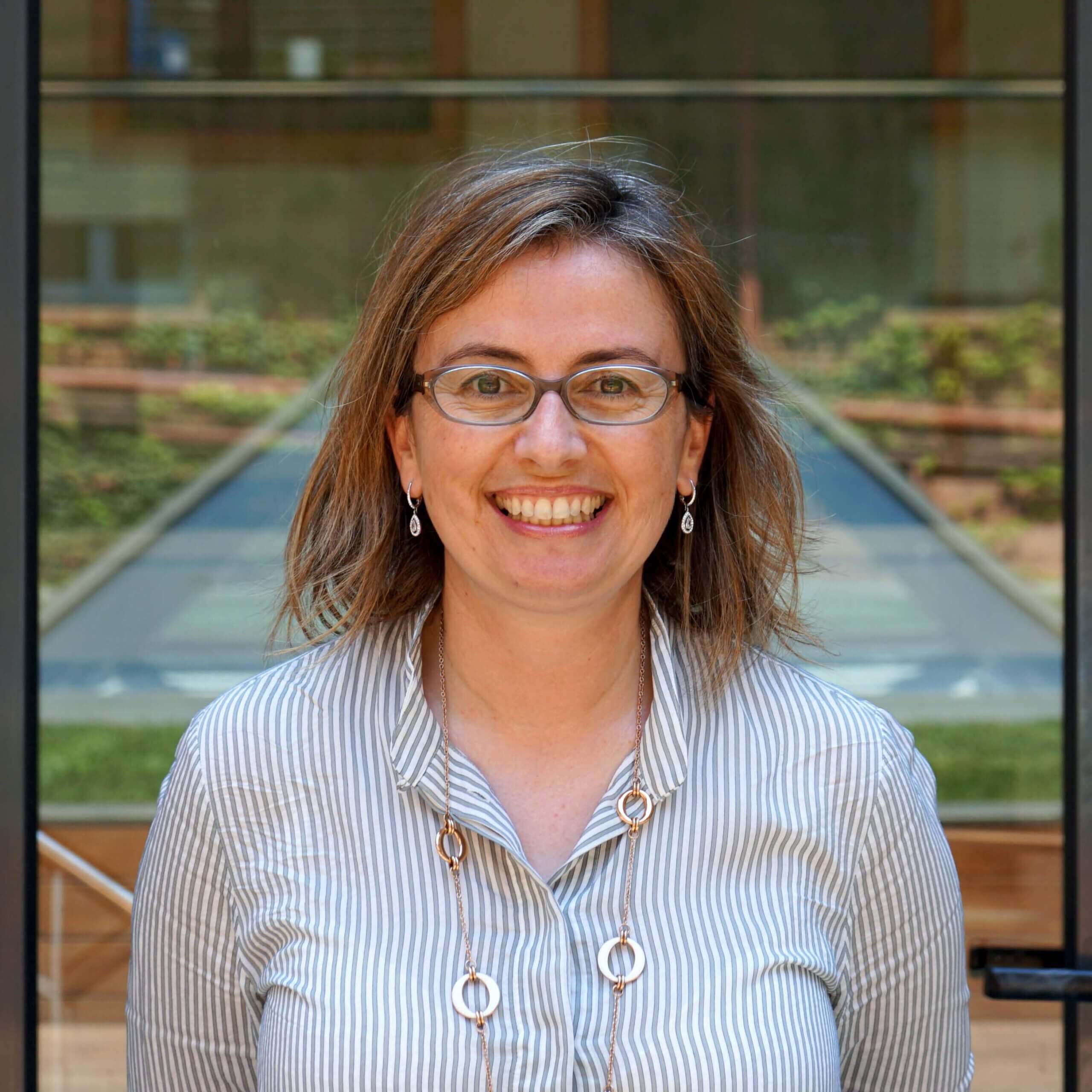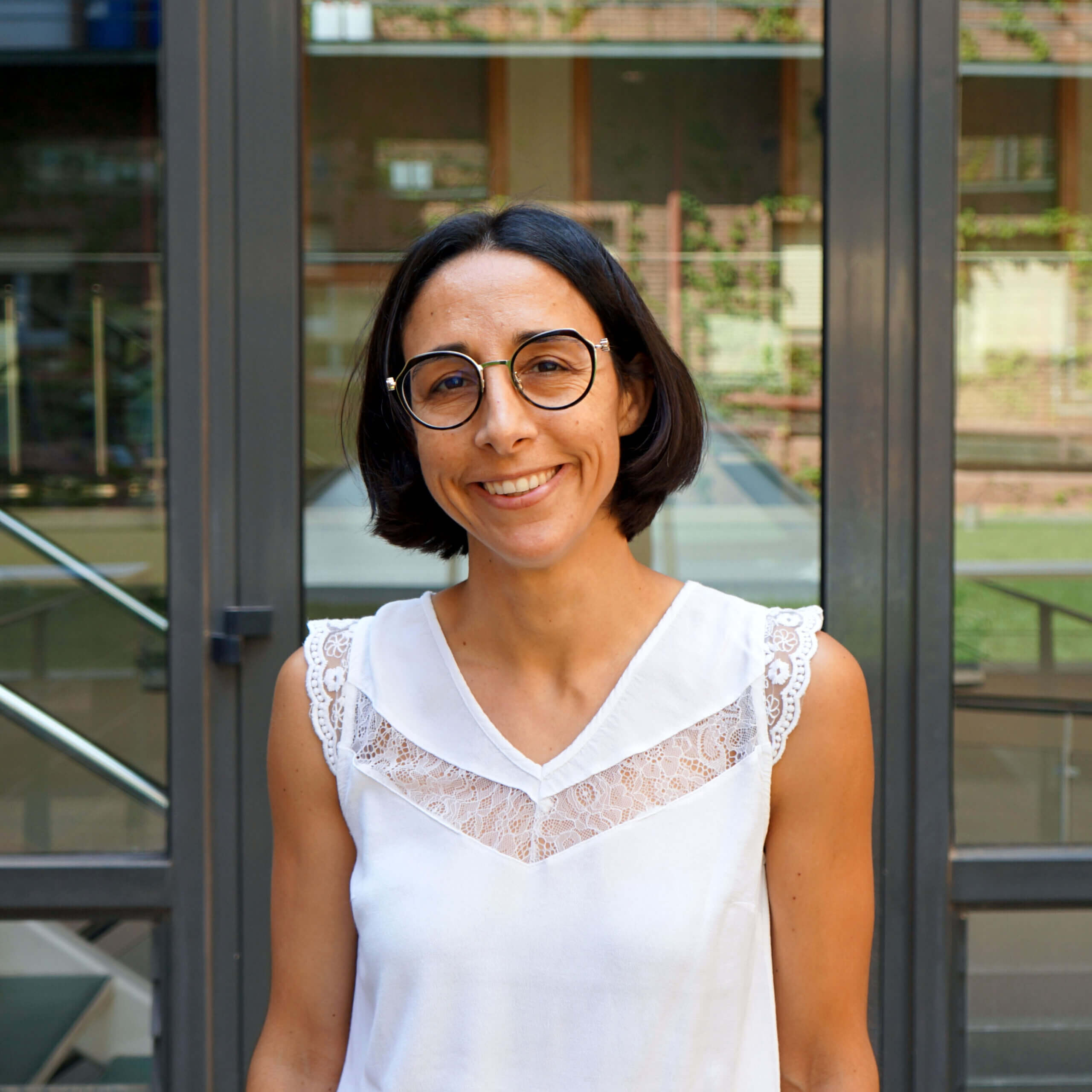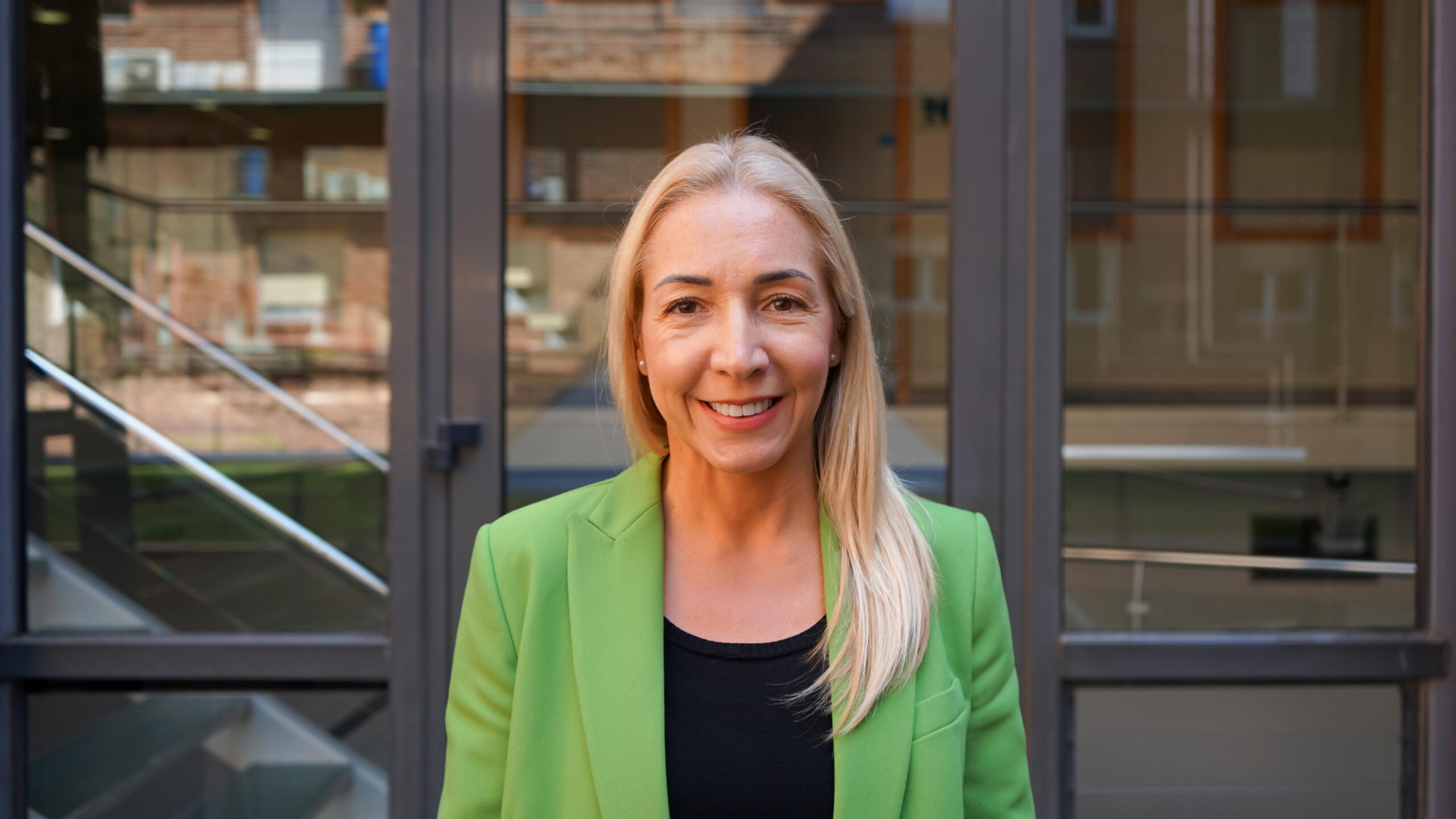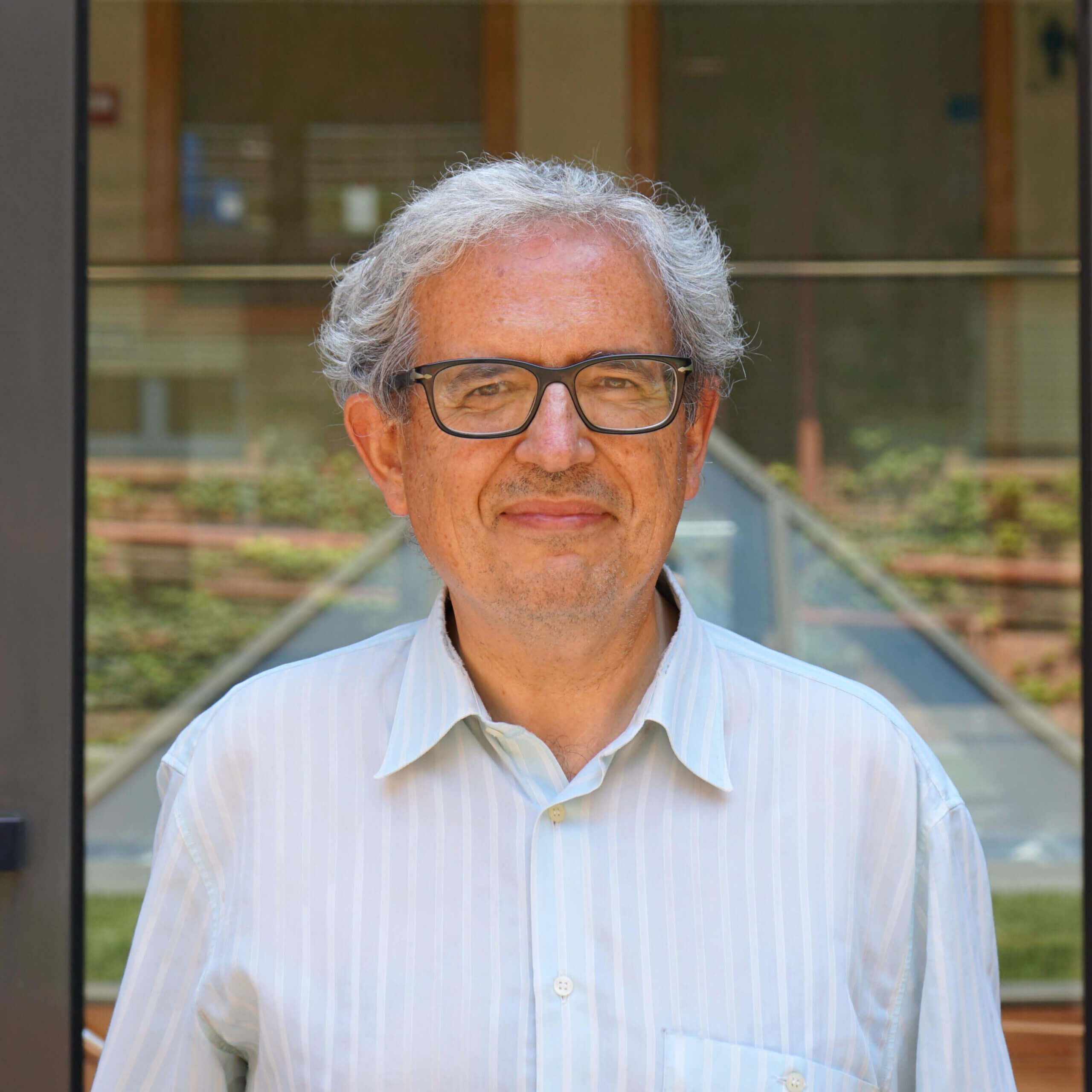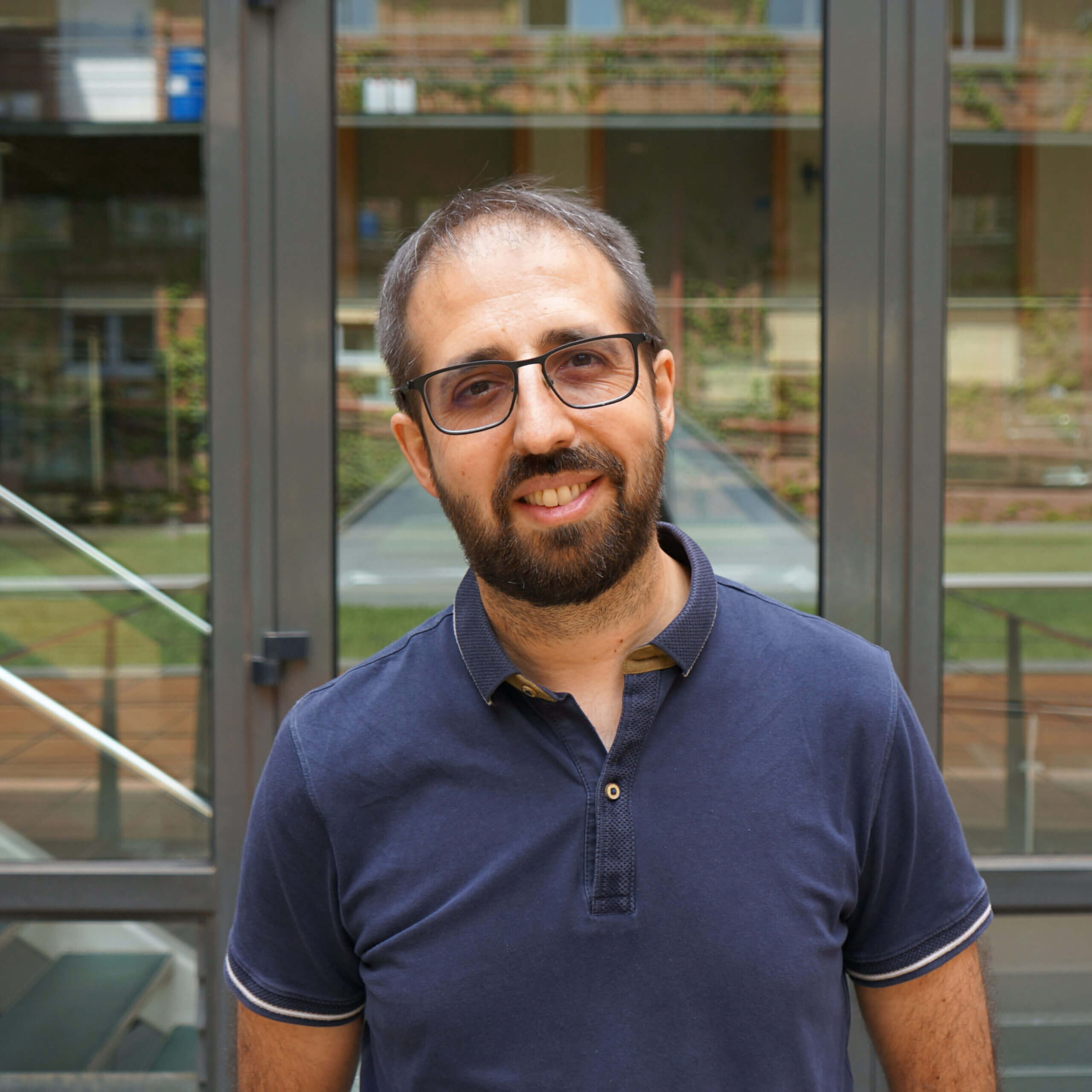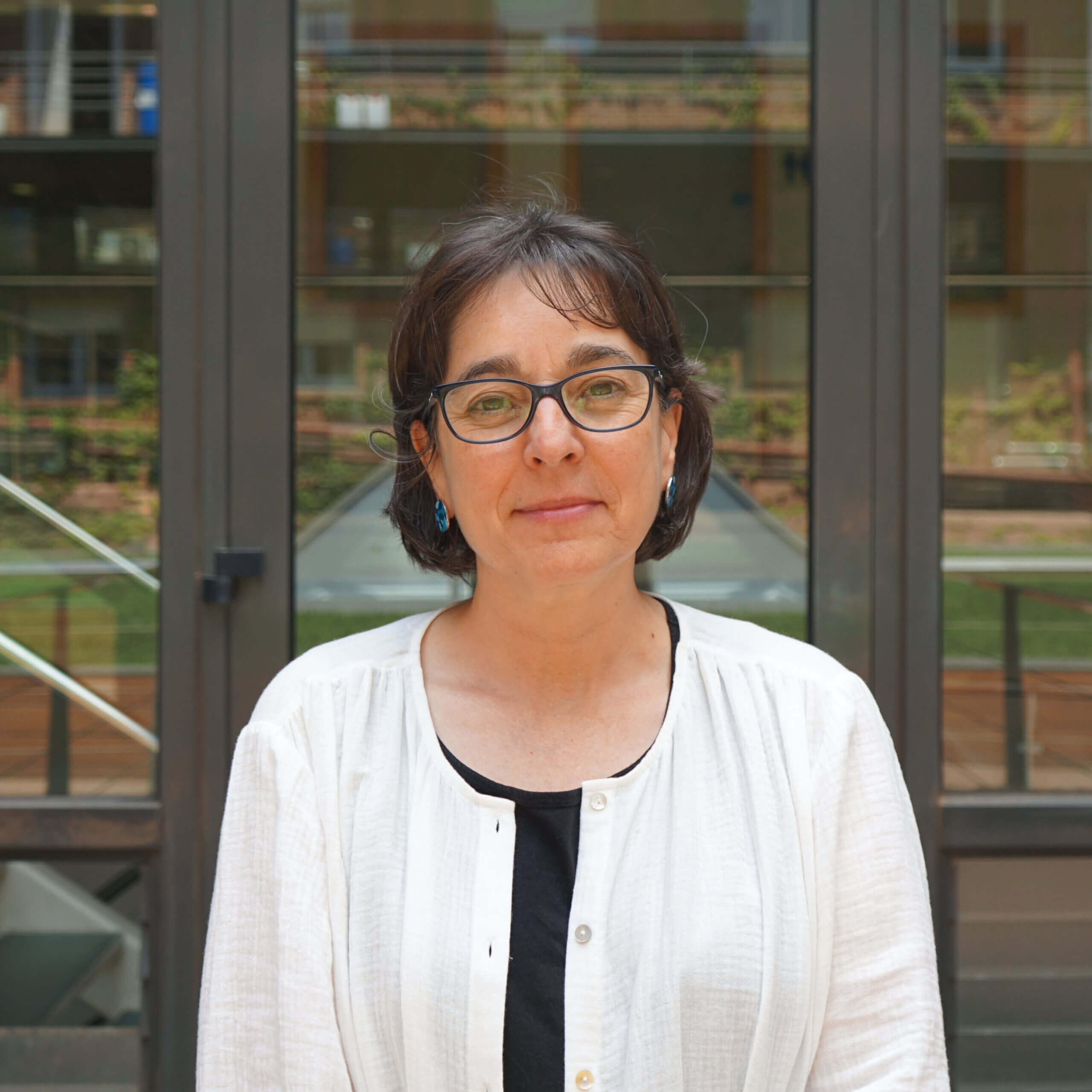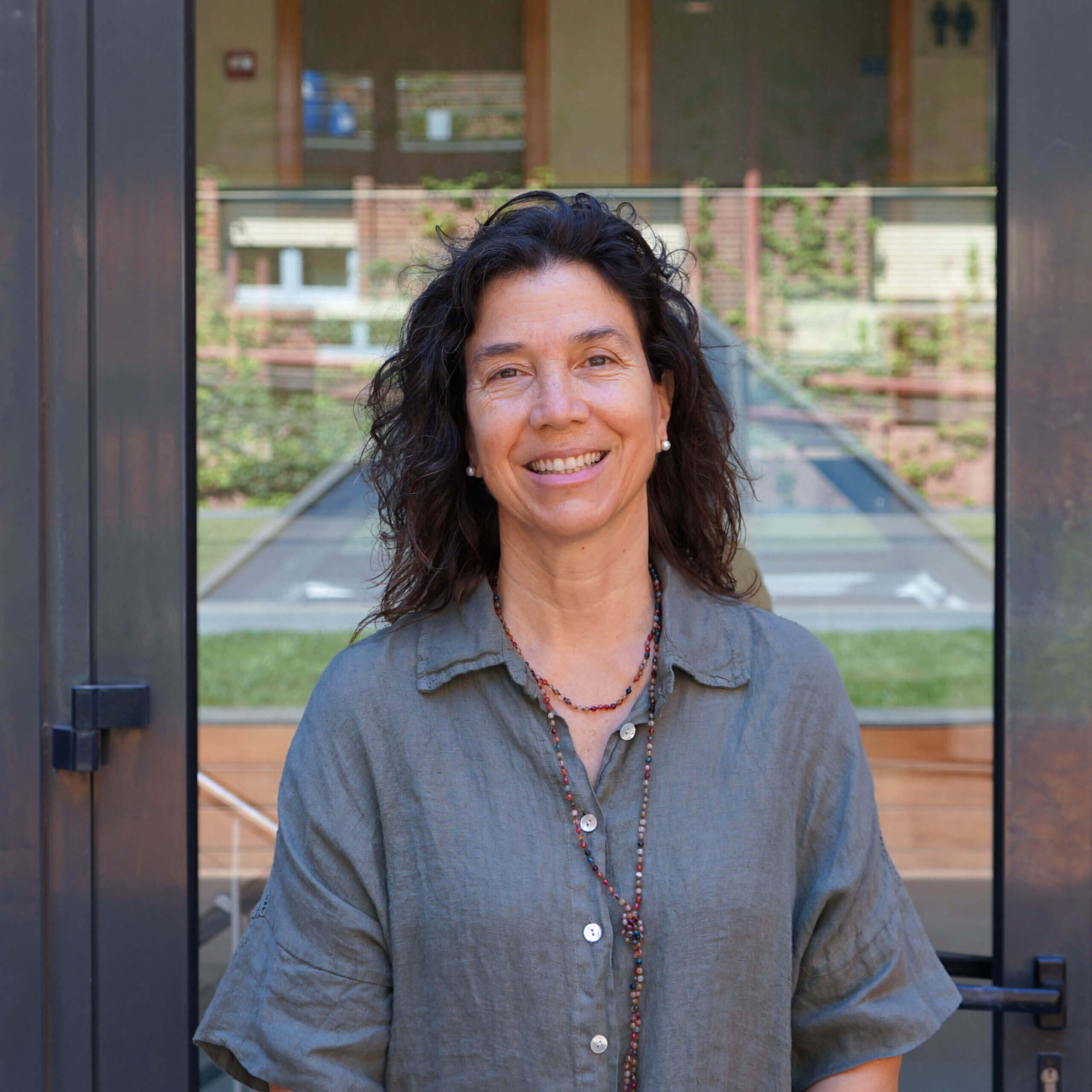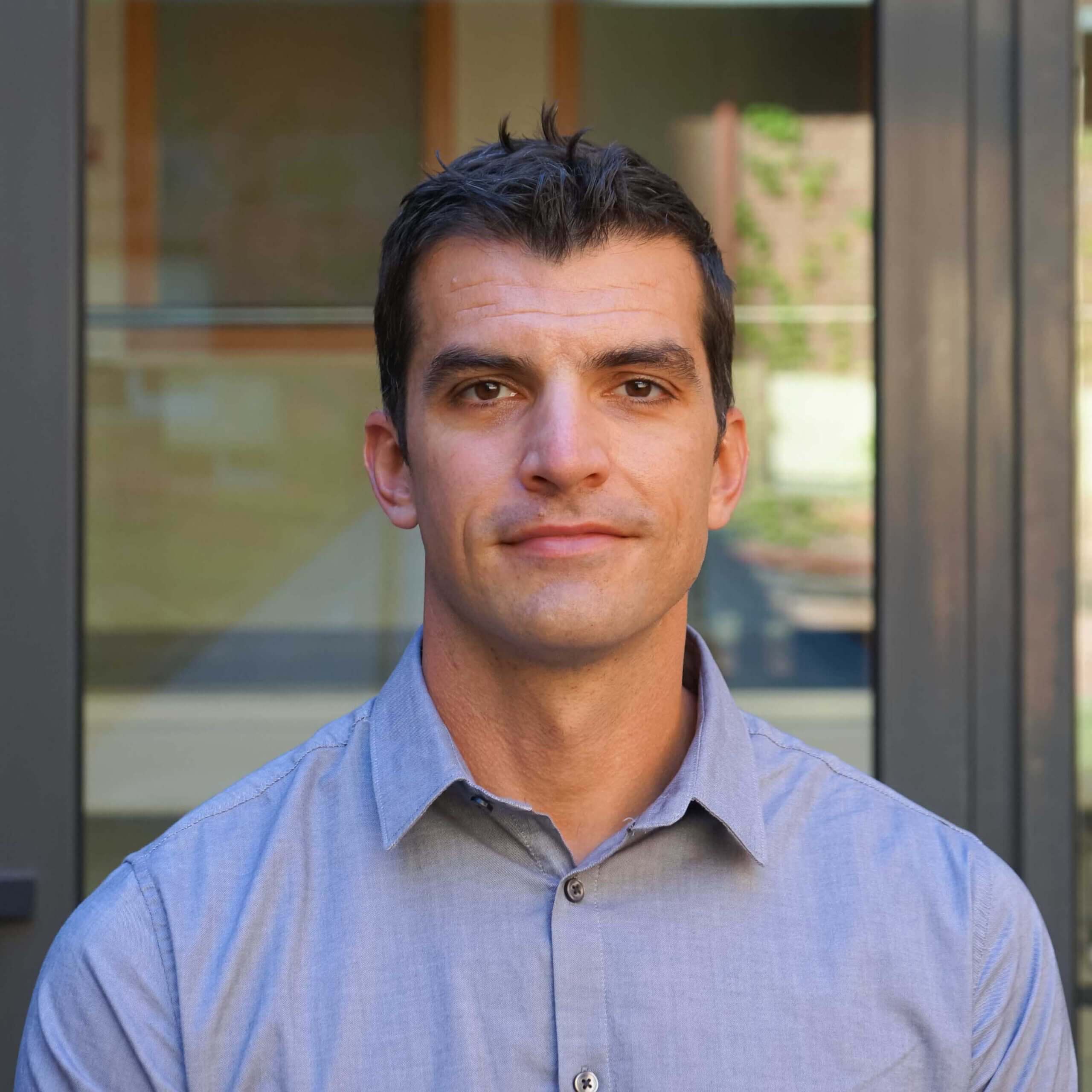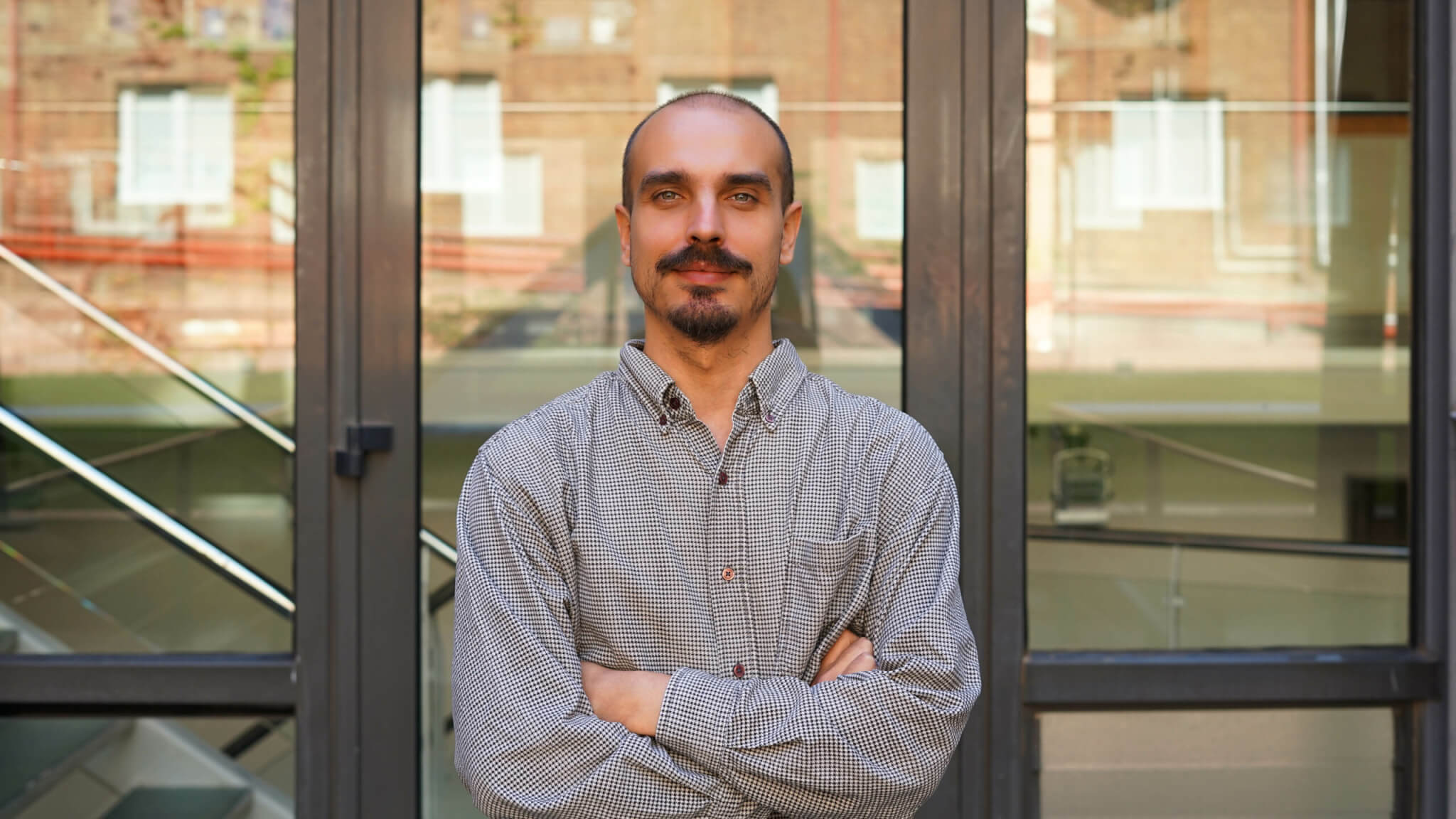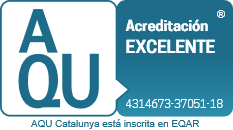Do you want to work on solving Analytical Chemistry problems tomorrow with a strong experimental and quality management component? If you are attracted to this type of specialization and want to become a professional or a researcher, the Master’s Degree in Analytical Chemistry at IQS is ideal for you. It is focused on analytical technologies, chemometrics, quality management, environment, and the analysis of pharmaceutical, food, and cosmetic products.
We live in a society that is constantly changing thanks to technological and scientific advances. At IQS we are fully aware of this, which is why we are committed to research, and we combine a practical and theoretical vision to offer you the most suitable specialization possible. We are committed to our students and their future.
The objective of the IQS Master’s Degree in Analytical Chemistry is to make students become qualified professionals who are valued by leading companies in the chemical, food, environmental, and pharmaceutical sectors, among others. This is the reason why you will combine your solid theoretical education with extensive hands-on work with a leading company in the sector. You will also be able to apply the main instrumental techniques to analytical determinations.











